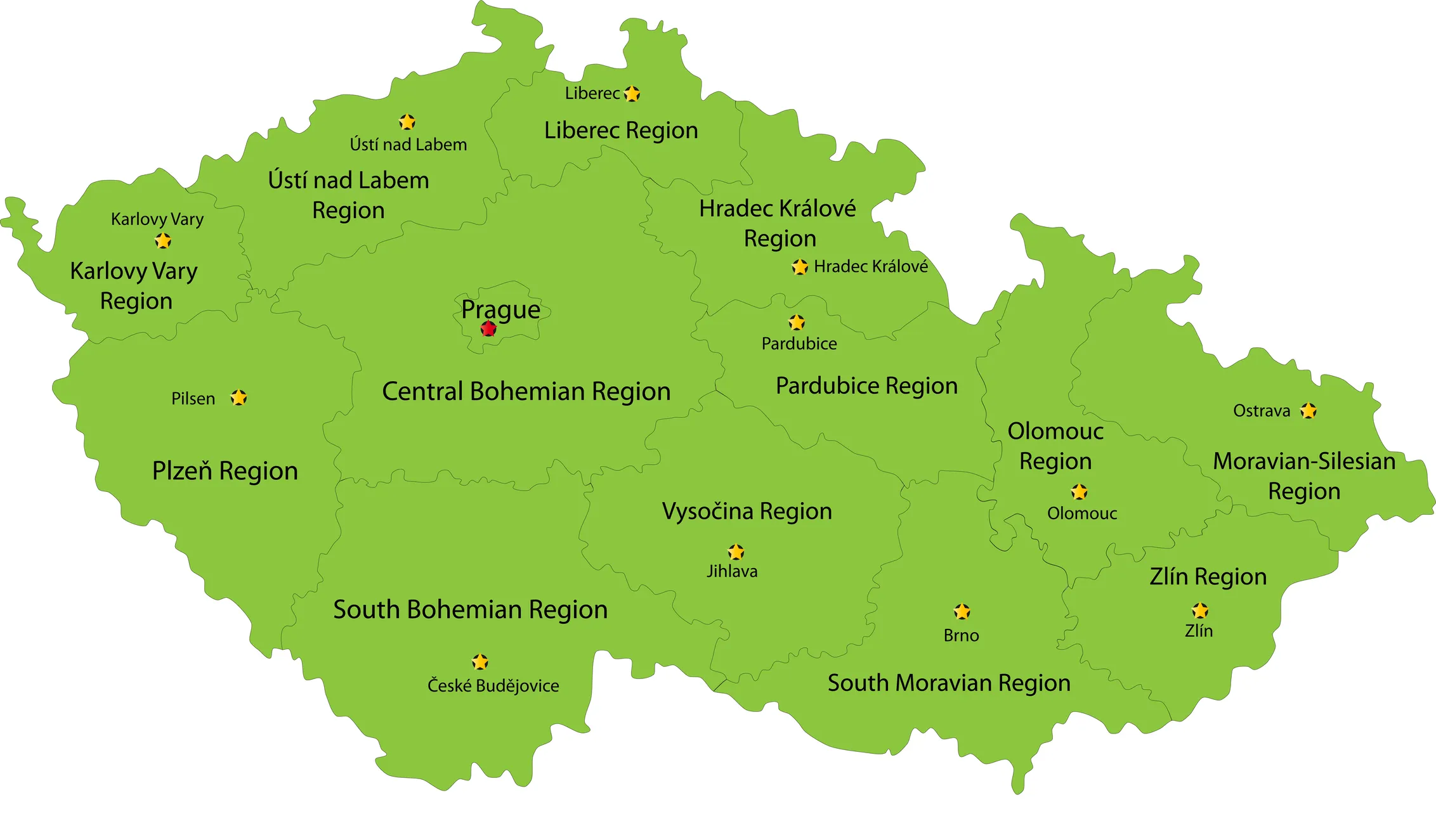The authorities in the Czech Republic are counting the cost of bungled planning for a series of infrastructure projects. The works will now have to source funds from the Czech Government following a ruling by the European Court of Auditors that the tender processes for the projects were flawed. The original plan was that the EU Operational Programme Transport would have paid for the works but instead, the Czech Government will finance the projects itself. However, only one project will have to be almost 100
May 10, 2012
Read time: 1 min
The authorities in the Czech Republic are counting the cost of bungled planning for a series of infrastructure projects. The works will now have to source funds from the Czech Government following a ruling by the European Court of Auditors that the tender processes for the projects were flawed. The original plan was that the EU Operational Programme Transport would have paid for the works but instead, the Czech Government will finance the projects itself. However, only one project will have to be almost 100% funded by the Czech state and this is for a vertical-lift bridge in Kolin.







